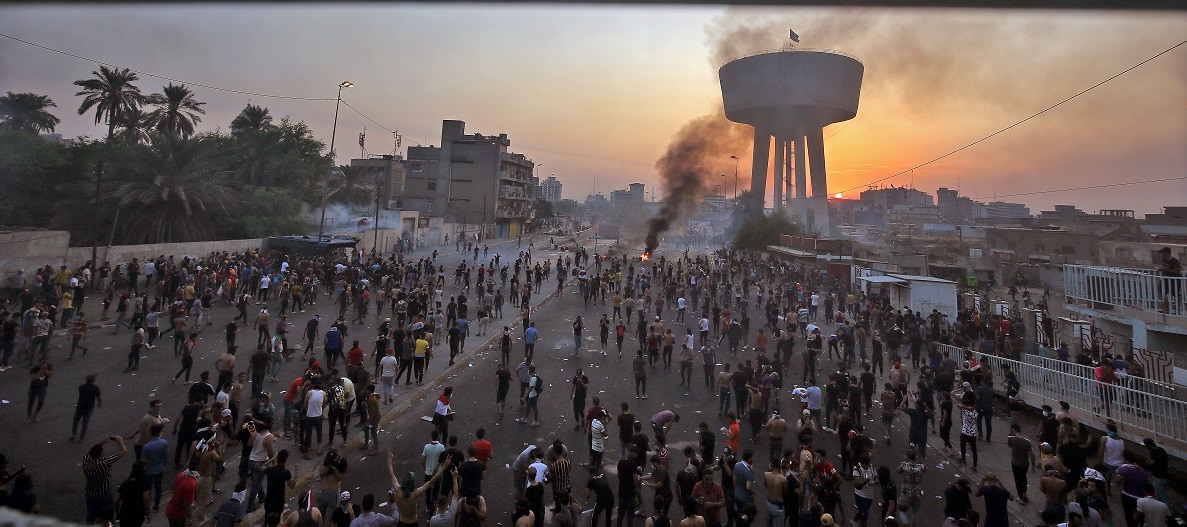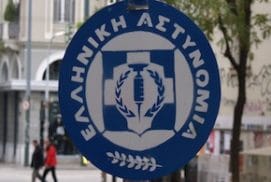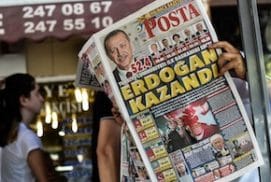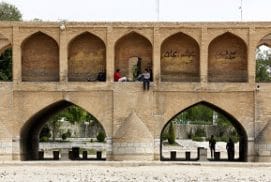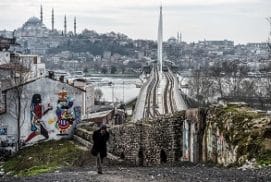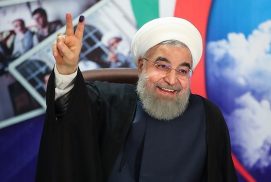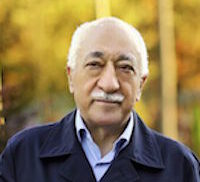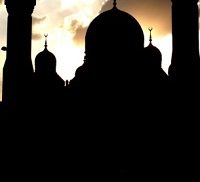Contrary to all predictions of an era dominated by digital agorà, especially for the youngsters, the square is back as the primary place and instrument of protest. A comparative enquiry.
Dossiers
Middle East
- From Zuccotti Park in NYC to Tahrir Square in Cairo, occupy movements and other forms of urban protests have been powerful resistance movements against increasing inequality and marginalization as consequences of global neoliberal processes. These resistance movements also challenged the institutions of representative democracy, which have been irresponsive to the demands of the masses.
- On 24 June 2018, both parliamentary and presidential elections were held in Turkey. With the elections, the constitutional amendments of 2017 came into force leading to a fundamental change in the nature of the political regime in Turkey towards even more authoritarian lines. Focusing on the last constitutional amendments and the recent elections, in this dossier, our contributors address a variety of issues that are critical to understanding different aspects of today’s Turkey.
- Is the Iran nuclear deal dead? Perhaps not, after all, in spite of president Donald Trump’s decision to withdraw the United States from the Joint Comprehensive Plan of Action (JCPOA), as it is formally known.
- One year and a half after the attempted coup d’état, the political and social situation in Turkey continues to be extremely critical. While the state of emergency is still in force after having been extended every three months since July 21st, 2015, the groundwork is being laid in the country, preparing for the 2019 general election which is expected to bring into force the presidential regime approved by the much-debated referendum.
- On Friday May 19th Iranians lined up at polling stations in such numbers that elections officials had to extend the voting until midnight, confirming that the abstention risk was only a spectre. President Hassan Rouhani has been re-elected for a second term with a massive turnout both in rural areas and in large cities. Our dossier analyses different aspects and motivations of its result, from women and workers point of view to more geopolitical and economic aspects.
- After the coup, the two principal actors in Turkey have been the current President, Recep Tayyip Erdogan, and the multi-billionaire and Islamic ideologue, Fetullah Gülen, who has been in self-imposed exile in the United States since 1998. Much of what one has to know about Gülen’s media empire is in this monograph from 2015. Reset DoC’s articles try to analyze this ongoing process and its actors: Erdogan with his new authoritarian tendencies and Gülen with his global media network. The international academic, intellectual community ask the US government and the European Union to stop Erdogan’s authoritarian and violent grip on the country.
- The uprisings that led to the downfall of regimes in Egypt, Tunisia and Libya in 2011 initially seemed to herald the end of a state system introduced into the MENA region by imperialist powers after WWI. Characterized by an authoritarian model of modernization and secularization from above, the fall of these XX Century regimes opened the door to the rise of political Islam. But when Islamist parties that have come to power in Egypt and Tunisia, although with remarkable differences, they have proven unsuccessful in stabilizing governments and writing new constitutions. Are democracy and a religious revival compatible? What will replace the spent legitimacy of these regimes across the region? What kind of state could now take shape in Muslim contexts overturned by revolts and civil war? And what place will religion have in these states?


